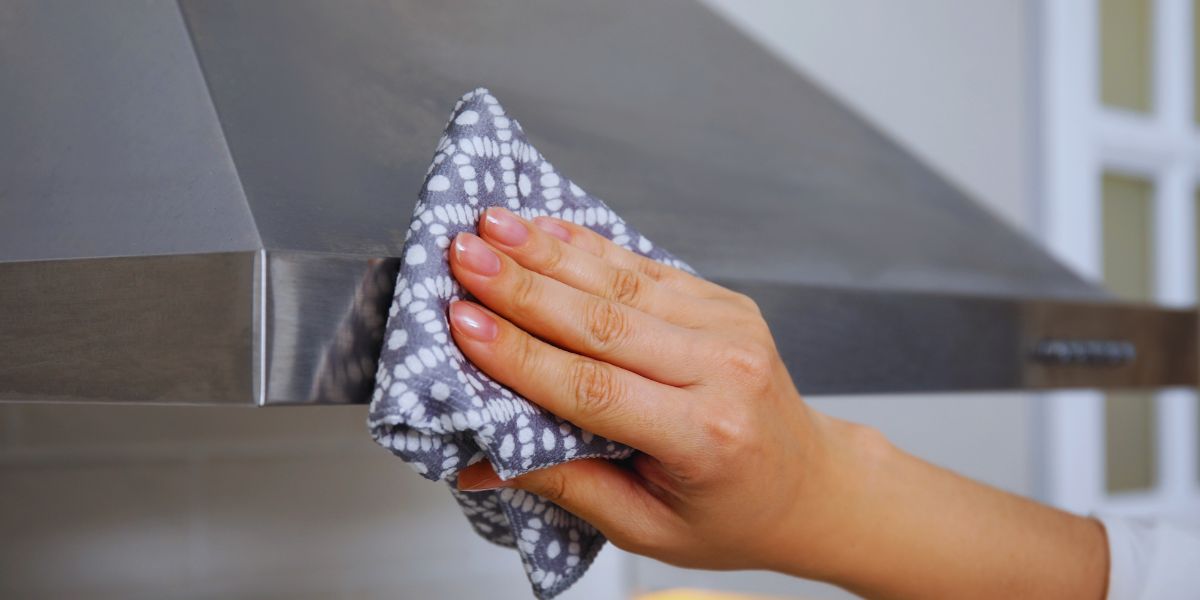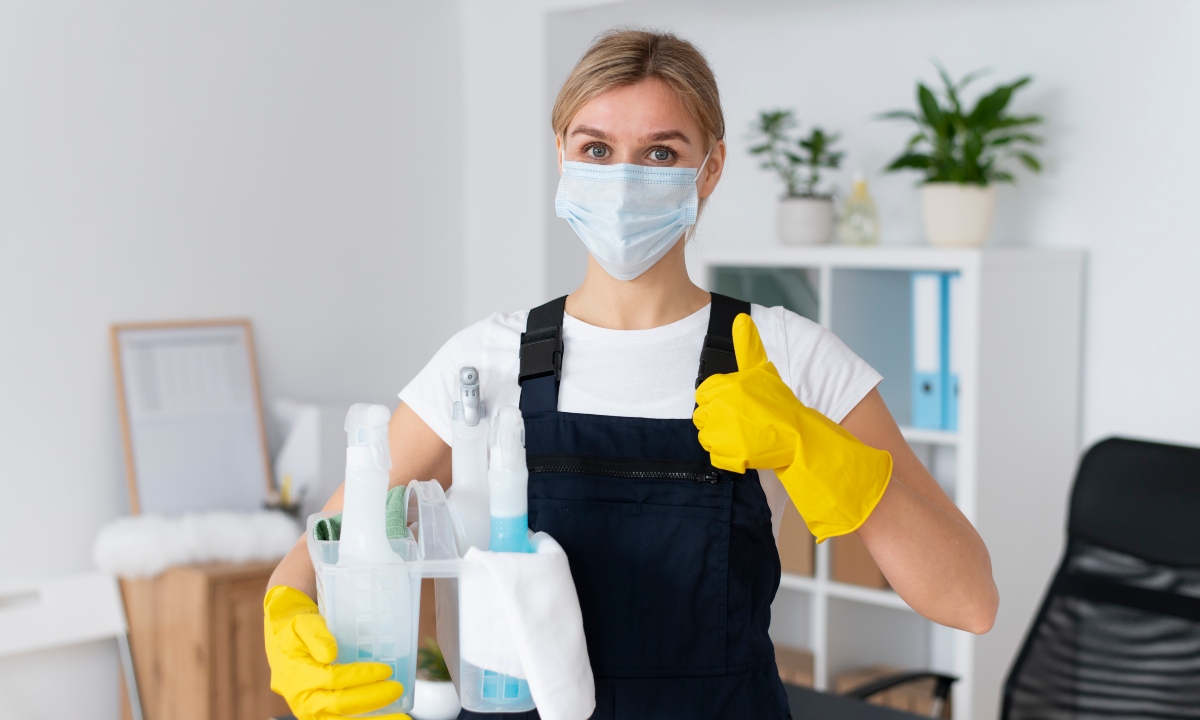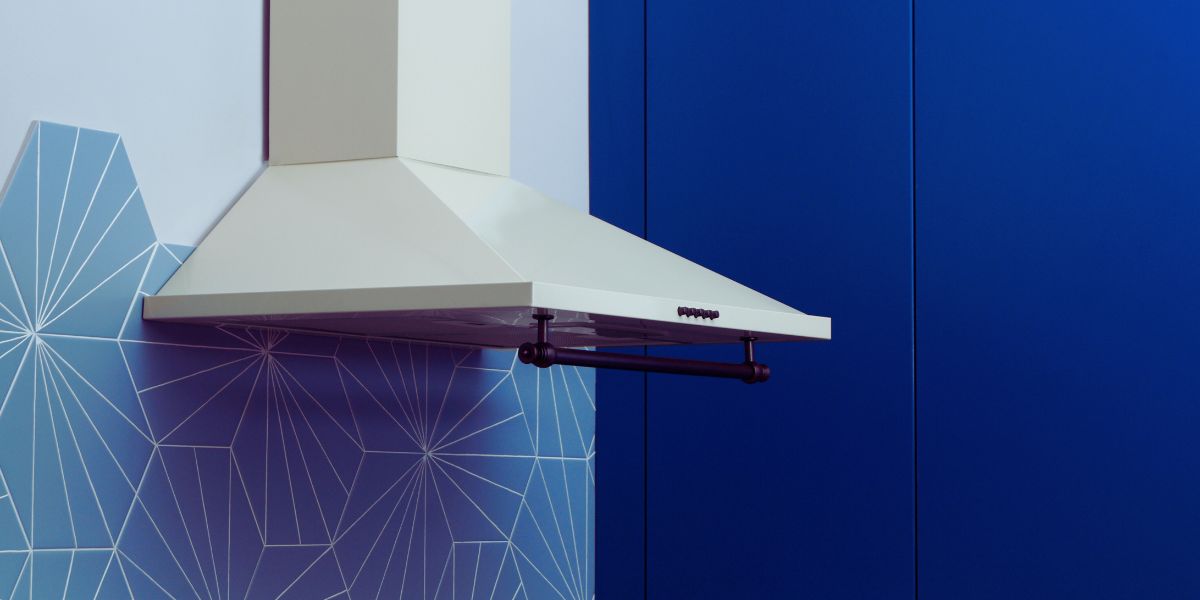
How to Clean a Commercial Exhaust Hood?
Cleaning a commercial exhaust hood may not be the most glamorous task, but it is a crucial one for maintaining a safe and sanitised kitchen environment. Neglecting to clean your exhaust hood can lead to a buildup of grease and grime, which can pose a fire hazard and compromise the air quality in your kitchen. Whether you run a bustling restaurant or a busy food truck, regular maintenance of your exhaust hood is key to ensuring the safety and efficiency of your kitchen operations.
While cleaning a commercial exhaust hood may seem like a daunting task, professional Pronto MS are available to help make the process easier and more effective. In this article, we will discuss the importance of cleaning your commercial exhaust hood, as well as provide tips and techniques for keeping it in top condition. By following these guidelines, you can ensure the health and safety of your kitchen staff and customers.
- What Are the Key Steps to Clean a Commercial Exhaust Hood?
- How Often Should a Commercial Exhaust Hood Be Cleaned?
- Why Is Proper Cleaning of Commercial Hoods Essential?
- What Are the Common Mistakes to Avoid When Cleaning Commercial Exhaust Hoods?
- How to Maintain a Clean Commercial Kitchen Environment?
- Professional Cleaning Services vs. In-house Cleaning
- How often should a commercial exhaust hood be cleaned?
- What is the best way to clean the filters on a kitchen exhaust hood?
- Why is it important to properly clean a commercial exhaust system?
- Can I learn how to clean a kitchen exhaust hood on my own?
- What is the process for duct cleaning in a commercial kitchen?
- Do I need to use a degreaser to clean the hood filters?
- Read More Blogs
What Are the Key Steps to Clean a Commercial Exhaust Hood?
Cleaning a commercial exhaust hood is essential for maintaining a safe and hygienic kitchen environment. To properly clean a kitchen exhaust system, start by removing the hood filters and soaking them in a mixture of warm water and liquid degreaser. Scrub the filters to remove built-up grease and grime, then rinse thoroughly before replacing them. Next, use a degreaser to clean the interior and exterior of the kitchen exhaust hood, as well as the hood ducts and vent. For tougher grease buildup, consider using a pressure washing system. Don't forget to clean the grease trap to prevent clogs and potential fire hazards. Lastly, clean the exhaust fan and ductwork to ensure proper airflow and ventilation in the kitchen.
Hood Cleaning Process
Hood cleaning is an essential process for maintaining a safe and healthy kitchen environment. Over time, grease and debris can accumulate in the kitchen exhaust system, leading to potential fire hazards and poor indoor air quality. To prevent these issues, regular exhaust cleaning is necessary. The process involves thoroughly cleaning the hood, ductwork, and exhaust fans to remove built-up grease and ensure proper ventilation.
Professional kitchen exhaust cleaning services typically use specialised equipment and cleaning agents to efficiently remove grease and grime from all components of the exhaust system. This ensures that the kitchen remains compliant with health and safety regulations, while also prolonging the lifespan of the equipment. By investing in regular exhaust cleaning, restaurant owners can protect their staff, customers, and property from potential risks associated with dirty kitchen exhaust systems.
Importance of Regular Cleaning
Duct cleaning and grease trap cleaning are essential components of regular cleaning routines that often get overlooked. Neglecting to clean these areas can lead to serious consequences such as poor air quality, increased risk of fire hazards, and potential health risks. Regular duct cleaning helps to remove dust, allergens, and other pollutants from circulating throughout your home or business, improving the overall indoor air quality. On the other hand, grease trap cleaning is crucial in preventing unpleasant odours, clogs, and sewage backups in restaurants and other food establishments. By regularly maintaining and cleaning these areas, you can ensure the safety and well-being of yourself, your employees, and your customers.
How Often Should a Commercial Exhaust Hood Be Cleaned?
Commercial Exhaust Hoods should be cleaned on a regular basis to ensure they are functioning properly and to prevent any potential fire hazards. A good rule of thumb is to have them cleaned every 3 to 6 months, depending on how often they are used and the type of cooking being done. Hiring a professional cleaning company to regularly clean and maintain your exhaust hoods is crucial for the safety of your establishment and compliance with local regulations. Pronto MS company offers excellent services in this area, providing thorough and efficient cleaning of commercial kitchens to keep them running smoothly.
Recommended Cleaning Frequency
It is important to maintain a clean living or working environment to promote good health and hygiene. Cleaning frequency can vary depending on the area or item being cleaned. For high-traffic areas or frequently used items, such as doorknobs or kitchen countertops, daily cleaning may be necessary to prevent the spread of germs and bacteria. For less frequently used areas or items, such as ceiling fans or air vents, weekly cleaning may be sufficient to keep dust and allergens at bay. Larger tasks, such as deep cleaning carpets or upholstery, may only need to be done on a monthly or seasonal basis.
By establishing a regular cleaning schedule and sticking to it, you can ensure that your living or working space remains clean and healthy for you and your family or colleagues.
Signs That Your Hood Needs Cleaning
If you notice a buildup of grease and grime on your hood system, it is a clear indication that it needs cleaning. A greasy range hood can not only affect the efficiency of your kitchen ventilation system but also pose a fire hazard. Another sign that your hood needs cleaning is if you start to notice unpleasant odours lingering in your kitchen even after cooking. This could mean that grease and food particles have accumulated in the hood and are not being properly filtered out. Regular vent cleaning is essential to maintain a clean kitchen and ensure the safety of your home. If you notice any of these signs, it's time to schedule a professional cleaning for your hood system.
Why Is Proper Cleaning of Commercial Hoods Essential?
Hood cleaning service is essential for commercial kitchens for a variety of reasons. One of the main reasons is fire prevention. The build-up of grease and grime in hoods, fans, and ductwork can pose a serious fire hazard if not properly cleaned on a regular basis. A professional restaurant cleaning service will thoroughly clean and degrease all parts of the hood system, ensuring that it is functioning properly and reducing the risk of fire. Additionally, proper cleaning of hood fans can improve the air quality in the kitchen, providing a healthier environment for employees and customers. It also helps to extend the life of the equipment, saving money on costly repairs and replacements.
Impact on Air Quality and Safety
Impact on Air Quality and Safety can have serious consequences for both the environment and human health. Emissions from vehicles, industrial processes, and other sources can lead to increased levels of pollutants in the air, such as particulate matter, nitrogen oxides, and volatile organic compounds. These pollutants can contribute to respiratory problems, cardiovascular diseases, and other health issues. In addition, poor air quality can also affect visibility, making it more difficult for drivers to see hazards on the road. This can increase the risk of accidents and injuries. It is important for regulators, industries, and individuals to take actions to reduce emissions and improve air quality to protect both the environment and public health.
What Are the Common Mistakes to Avoid When Cleaning Commercial Exhaust Hoods?
When it comes to cleaning commercial exhaust hoods, there are several common mistakes that should be avoided to ensure the safety and efficiency of the system. One of the most important mistakes to avoid is neglecting regular cleaning schedules. Without regular cleaning, grease buildup can become a serious fire hazard. Using improper cleaning techniques or products can also be detrimental to the performance of the hood and can even damage the system. Failing to adequately degrease surfaces, ignoring inaccessible areas such as ductwork, and overlooking grease traps and filters are all mistakes that can lead to a decrease in air quality and an increased risk of fire. It is crucial to address fire hazards promptly, as well as to schedule professional inspections and maintenance on a regular basis. Disregarding local health and safety regulations and underestimating the importance of thorough cleaning for air quality and fire prevention are also common mistakes that should be avoided at all costs.
How to Maintain a Clean Commercial Kitchen Environment?
Maintaining a clean commercial kitchen environment is essential for ensuring the safety and quality of the food being prepared. There are several key practices that can help keep the kitchen clean and sanitary. First and foremost, it is important to clean and sanitise all surfaces regularly, including countertops, cutting boards, and equipment. This helps prevent the spread of bacteria and other harmful pathogens. Additionally, all dishes, utensils, and equipment should be washed and sanitised after each use to prevent cross-contamination. Another important step is to regularly empty and clean trash cans to prevent odours and pests. Lastly, conducting regular deep-cleaning sessions, including scrubbing floors and walls, can help prevent the buildup of grease and grime. By following these practices, commercial kitchens can maintain a clean and safe environment for preparing food.
Professional Cleaning Services vs. In-house Cleaning
Professional Cleaning Services offer expert cleaning solutions provided by trained and experienced professionals. They use specialised equipment and techniques to ensure thorough and efficient cleaning. Hiring a professional cleaning service can save time and hassle for businesses and homeowners, allowing them to focus on other tasks and responsibilities. These services typically offer a higher level of cleanliness and hygiene, making them a popular choice for those who prioritise a clean and healthy environment.
In-house Cleaning involves having employees or residents perform the cleaning tasks themselves. While this option may seem cost-effective, it can result in inconsistent results and may not always meet the desired standards of cleanliness. In-house cleaning also requires the purchase of cleaning supplies and equipment, as well as the time and effort of those tasked with cleaning duties.
What is the best way to clean the filters on a kitchen exhaust hood?
To clean the filters on a kitchen exhaust hood, remove them and soak in a mixture of warm water and a degreasing agent. Scrub off the grease build-up, rinse thoroughly, and let them dry before re-installing.
Why is it important to properly clean a commercial exhaust system?
Properly cleaning a commercial exhaust system helps prevent grease build-up, reduces fire hazards, improves air quality in the kitchen, and ensures the efficient operation of the exhaust fan.
Can I learn how to clean a kitchen exhaust hood on my own?
Yes, with the right techniques and tools, you can learn how to clean a kitchen exhaust hood effectively. However, for thorough cleaning and maintenance, consider hiring a cleaning service specialising in hood cleaning.
What is the process for duct cleaning in a commercial kitchen?
The process of duct cleaning in a commercial kitchen involves inspecting the ductwork, removing any grease or debris, scrubbing the surfaces, and using a pressure washing system to ensure a clean and safe exhaust system.
Do I need to use a degreaser to clean the hood filters?
Yes, using a liquid degreaser is recommended to effectively remove grease build-up on the hood filters of a kitchen exhaust hood. Make sure to follow the manufacturer's guidelines for the degreaser.




